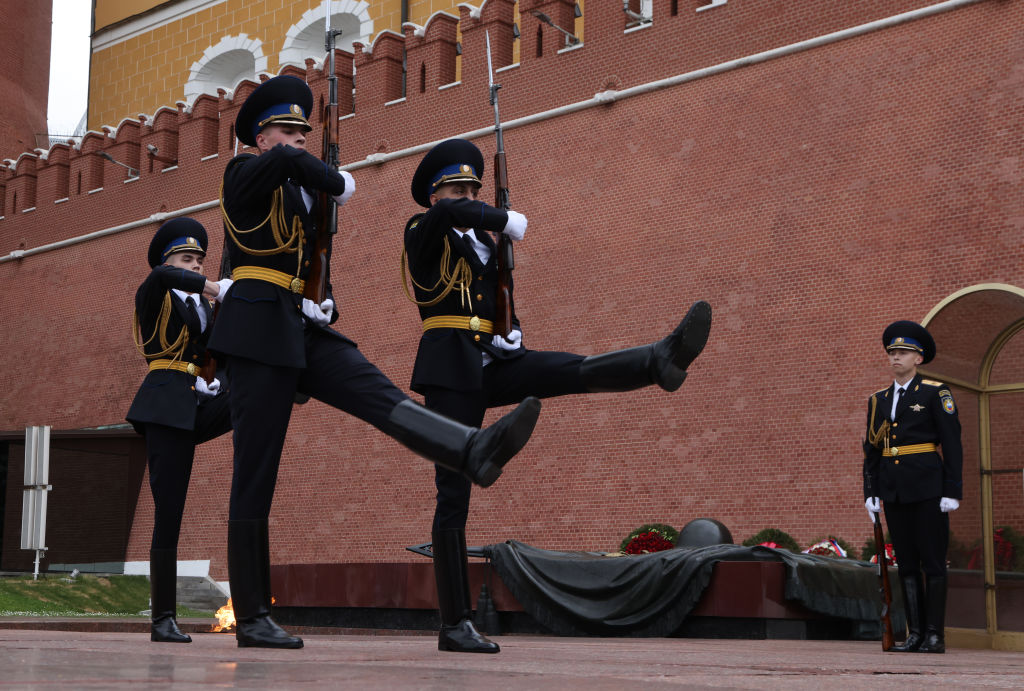Possible sanctions on Russia could prompt a fish-finger shortage in Germany, local media in the country has reported.
An article by Bild on August 21 noted that proposed restrictions on Russian fish imports, especially Alaskan pollack, could badly impact supplies of the food.
Alaskan pollock is reportedly the second-most popular fish consumed in Germany after salmon, with 50 per cent of supplies coming from Russian territorial waters.
“There is a risk of enormous price increases,” Steffen Meyer, the managing director of the Federal Association of the German Fish Industry and Fish Wholesalers, told Bild regarding possible EU restrictions.
Meyer warned that European Union sanctions would risk serious disruptions in supply that the German market would not be able to counteract quickly.
“The German market is … dependent on fish from Russia. We cannot do without pollock and cod,” he said.
“Around 1,000 jobs in fish processing would suddenly be threatened. Three years would be enough to kill our industry.”
According to a recent report by specialist website The Fishing Daily, while crustaceans, caviar and caviar substitutes can no longer be imported from Russia under EU law, other fish remain unaffected by sanctions.
It added that the EUs fast-food industry had become heavily reliant on Russian cod and cod alternatives, including the Alaskan pollack, over the past few years.
Germany in particular is reliant on foreign imports, with the country’s domestic fleet possessing just six deep-sea trawlers.
The total fleet consisted of around 1,300 vessels in total as of 2022. By contrast, Ireland, with a smaller population than many individual German states, had around 1,400 in operation that same year.
There are no conventional fishing-trawler engines currently in existence that can effectively comply with the European Union’s new “green” energy scheme, a French MEP has claimed. https://t.co/tY92TwwQcW
— Brussels Signal (@brusselssignal) August 9, 2023





